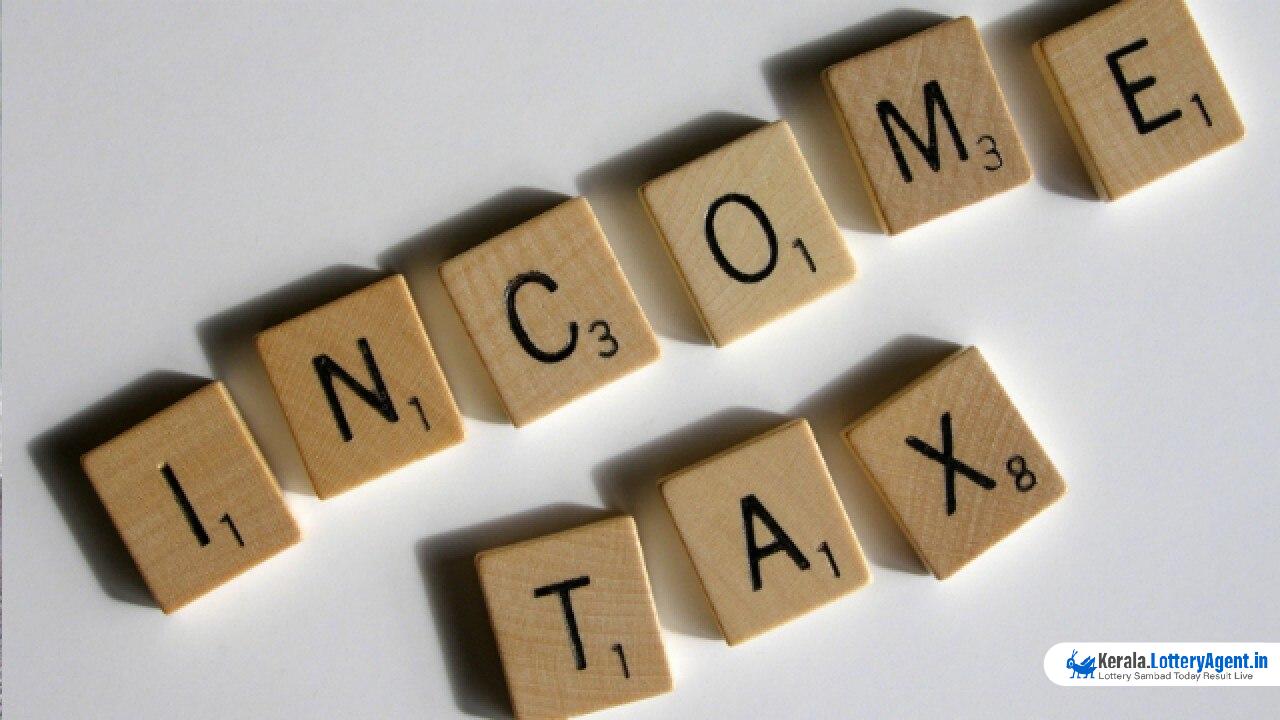
Winning a lottery may seem like a dream come true, but it comes with its share of financial responsibilities, particularly in terms of taxes. Under Section 194B of the Income Tax (I-T) Act, 1961, Indian citizens and Non-Resident Indians (NRIs) are required to pay income tax on the winnings from lotteries and other casual income sources such as crossword puzzles, TV game shows, and horse racing. Here is what you need to know about the tax implications and criteria involved.
First and foremost, any income earned through lotteries, crossword puzzles, horse racing, and other game shows is classified as casual income. This type of income is unique in its tax treatment which differs for Indian citizens and NRIs. Both categories are required to pay their taxes on an advance basis. However, there are specific criteria and exemptions that must be considered before filing an Income Tax Return (ITR).
The Income Tax Department mandates the payment of advance tax on the total income, which includes casual income among other sources. If one receives prize money from lotteries, online or TV game shows, puzzles, or horse racing, this income will be taxable under the category of “Income from Other Sources.” The tax rate prescribed under Section 194B for casual income is a flat 30%. Additionally, when you factor in cesses, the total tax rate can go up to 31.2%.
An important point to note is the application of Tax Deducted at Source (TDS). When the prize money exceeds Rs 10,000, TDS is applicable. This deduction is made on the prize amount after the income tax has been levied. On the other hand, if the income is derived from horse racing, TDS will be applicable if the prize money exceeds Rs 5,000.
It is crucial to understand that deductions typically available under Section 80C for investments or Section 80D for medical insurance cannot be claimed for such casual income.
. This means you’re obligated to pay the tax on the full amount of your winnings without benefiting from these tax shelter mechanisms.
Switching gears to the commission from selling lottery tickets, a 5% tax applies under Section 194G of the Income Tax Act. However, there’s no need to deduct TDS if the commission amount does not exceed Rs 15,000 in a financial year.
For NRIs, the tax implications are even more stringent. The tax rate on winning lotteries, games shows, and similar sources starts from 34.32%. The tax applicable for commission on the sale of lottery tickets starts at 5.72%. This higher rate underscores the differing tax responsibilities for NRIs compared to resident Indians.
The Income Tax Department also notes a significant limitation when it comes to losses. For instance, any loss incurred cannot be set off against income earned under Section 194B or 194G. This means if you’ve lost money in some investments or other areas, you cannot offset this loss against the income from lotteries or commissions from lottery ticket sales.
Overall, understanding and preparing for these tax obligations is essential for both Indian citizens and NRIs who find themselves fortunate enough to win a lottery or gain income through various casual sources. Both categories must ensure compliance with the advance tax payments and be well-versed in the specific exemptions and limitations laid out by the Income Tax Act.
It’s highly advised that winners consult with a tax advisor or a financial planner to navigate these complex tax obligations. Such professional guidance can help ensure that you don’t end up on the wrong side of the tax law, thereby allowing you to fully enjoy the windfall that comes with a lucky lottery win or a lucrative commission from lottery ticket sales.












